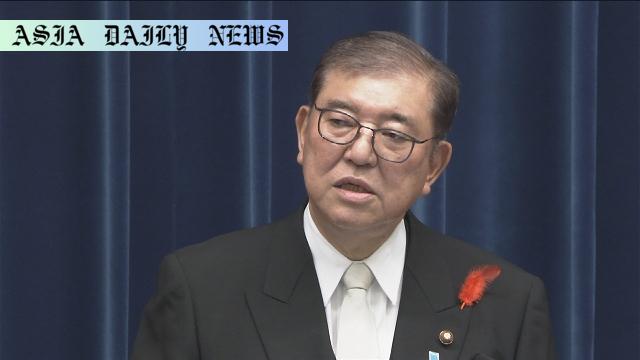Moritomo scandal: The Japanese government refrains from appealing a court ruling rejecting non-disclosure of critical documents.

Background of the Moritomo Scandal
The Moritomo scandal has been a significant issue in Japanese politics, originating from a controversial transaction involving state-owned land sold at heavily discounted rates to the school operator Moritomo Gakuen. This deal raised questions around corruption, abuse of power, and potential misuse of the Finance Ministry’s resources. The scandal gained further significance after evidence surfaced that official documents tied to the sale were falsified by ministry officials.
Impact of Akagi Toshio’s Tragedy
The case took a personal and tragic turn when Akagi Toshio, a Finance Ministry official, died by suicide in 2018. Akagi had allegedly been coerced into falsifying the documents regarding the land deal. This event led to public outrage and intensified scrutiny of the government’s role in the irregularities surrounding the case. Akagi’s widow, Masako, continued her husband’s pursuit of justice by filing a lawsuit to demand disclosure of all relevant documents from the ministry.
Legal Challenge and High Court Decision
Initially, the Osaka District Court dismissed Masako Akagi’s claims in 2023, supporting the government’s decision to keep the documents undisclosed. However, in January 2024, the Osaka High Court overturned this decision, ruling that the Finance Ministry’s refusal to confirm or disclose the existence of the documents was illegal. The high court criticized the ministry for showing a lack of accountability and disregard for public trust.
Government’s Decision to Not Appeal
After much deliberation, Prime Minister Ishiba Shigeru and Finance Minister Kato Katsunobu announced that the government would not proceed with an appeal against the high court’s ruling. In a public statement, Kato emphasized that the government must seriously accept the ruling to restore public trust and honor Akagi Toshio’s memory and contributions.
Accountability and Document Disclosure
The Finance Ministry now faces a daunting task of reviewing the substantial quantity of documents that were previously submitted to prosecutors. Kato suggested that the ministry would begin examining these records to determine if and how they can be disclosed without compromising confidentiality or legal obligations. Transparency is being prioritized to regain public confidence.
Implications for Public Accountability
The decision not to appeal marks a pivotal moment for the Japanese government in terms of embracing greater accountability and transparency. It underscores the need for strong mechanisms to prevent misuse of power and ensure public trust in governance. Moving forward, the case could serve as a benchmark in addressing systemic flaws within institutions and revising policies for better governance.
Looking Ahead
For the widow Masako Akagi, this victory is bittersweet. While the court’s decision represents a step towards justice for her late husband, it also highlights the emotional toll and systemic failures that led to his tragedy. The government’s acknowledgment of its missteps provides hope that similar incidents can be avoided in the future. However, a sustained commitment to transparency and accountability will be necessary to truly honor Akagi Toshio’s legacy.
Commentary
A Turning Point for Japanese Governance
The decision by Japan’s government to accept the Osaka High Court’s ruling marks a significant milestone in the nation’s political landscape. By not appealing the judgment, policymakers are signaling a commitment to accountability and a willingness to confront past mistakes. This is particularly notable in a country where hierarchical systems and loyalty often overshadow transparency.
The Human Cost of Systemic Failures
The tragic death of Akagi Toshio serves as a somber reminder of the human implications of unethical governance practices. The pressure placed on officials like Akagi highlights systemic flaws that need urgent attention. His widow’s unwavering fight for justice reflects the resilience and importance of holding institutions accountable, no matter how challenging the journey.
Transparency as a Pillar of Public Trust
Transparency is critical in fostering trust between governments and citizens. This case has exposed weaknesses within the Finance Ministry and broader governance structures. By reviewing and potentially disclosing the requested documents, the government has an opportunity to not only honor the court’s ruling but also rebuild public trust that has been eroded by this scandal.
Conclusion: A Step Forward, But More Work Ahead
The government’s current stance signals progress, but it also underscores how much work remains to be done. Comprehensive reforms, systemic oversight, and a commitment to ethical practices are essential going forward. Only then can Japan ensure that such tragedies and scandals do not repeat themselves, paving the way for a more transparent and accountable governance system.


